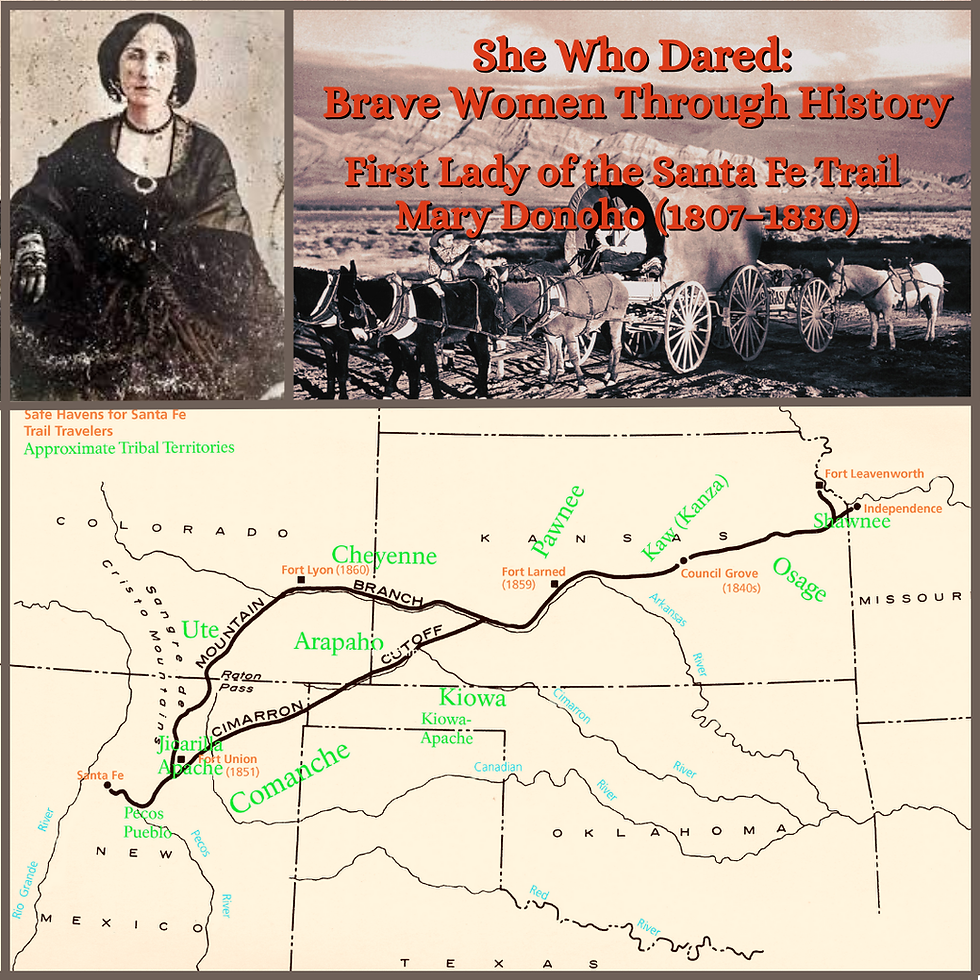Nancy Wake (1912-2010): Highly Decorated Heroine of WWII
- Susan Stoderl

- Oct 29, 2025
- 2 min read

Nancy Wake (1912-2010) ran away from home to be a nurse at 16, showing her fierce independence. Her daring also made her one of the most decorated heroines of WWII. She was born in New Zealand but raised in Sydney, Australia. When she inherited money, she first traveled to New York, then to London. By the 1930s, she worked for the Hearst newspaper empire as a European correspondent based in Paris. After witnessing anti-Semitic violence in Vienna, she became determined to fight fascism.
Nancy married the wealthy French industrialist, Henri Fiocca, in November 1939. Following France’s surrender in 1940, Nancy and Henri joined the French Resistance together. As members of the Pat O’Leary (Comet) escape network, they used their home in Marseille to help downed Allied airmen and Jewish refugees flee to neutral Spain. It was not long before the Gestapo targeted Wake with a 5 million franc bounty on her head when phone taps, mail surveillance, and checkpoints failed. Known as the “White Mouse” because of her ability to escape, she fled Marseille to Spain in 1943. Her husband stayed behind. The Nazis captured and tortured him for information about Nancy and her network. When he refused to give her away, they killed him.
Wake joined Britain’s Special Operations Executive (SOE) under the codename “Hélène.” She parachuted into the Auvergne region of France on April 29–30, 1944, where she collaborated with Maquis guerrilla fighters, coordinating arms drops and training resistance cells before D-Day.
After their defeat, Wake realized London needed critical intelligence on the situation. Wake rode a heavy, gearless bicycle about 310 miles round-trip in just 72 hours, dodging German patrols by posing as a local woman. In addition, she assisted approximately 2,000 refugees and Allied soldiers through these escape networks.
One of the most decorated women of WWII, Nancy Wake received medals of honor from five different countries: the United Kingdom, France, the United States, Australia, and New Zealand.







Comments